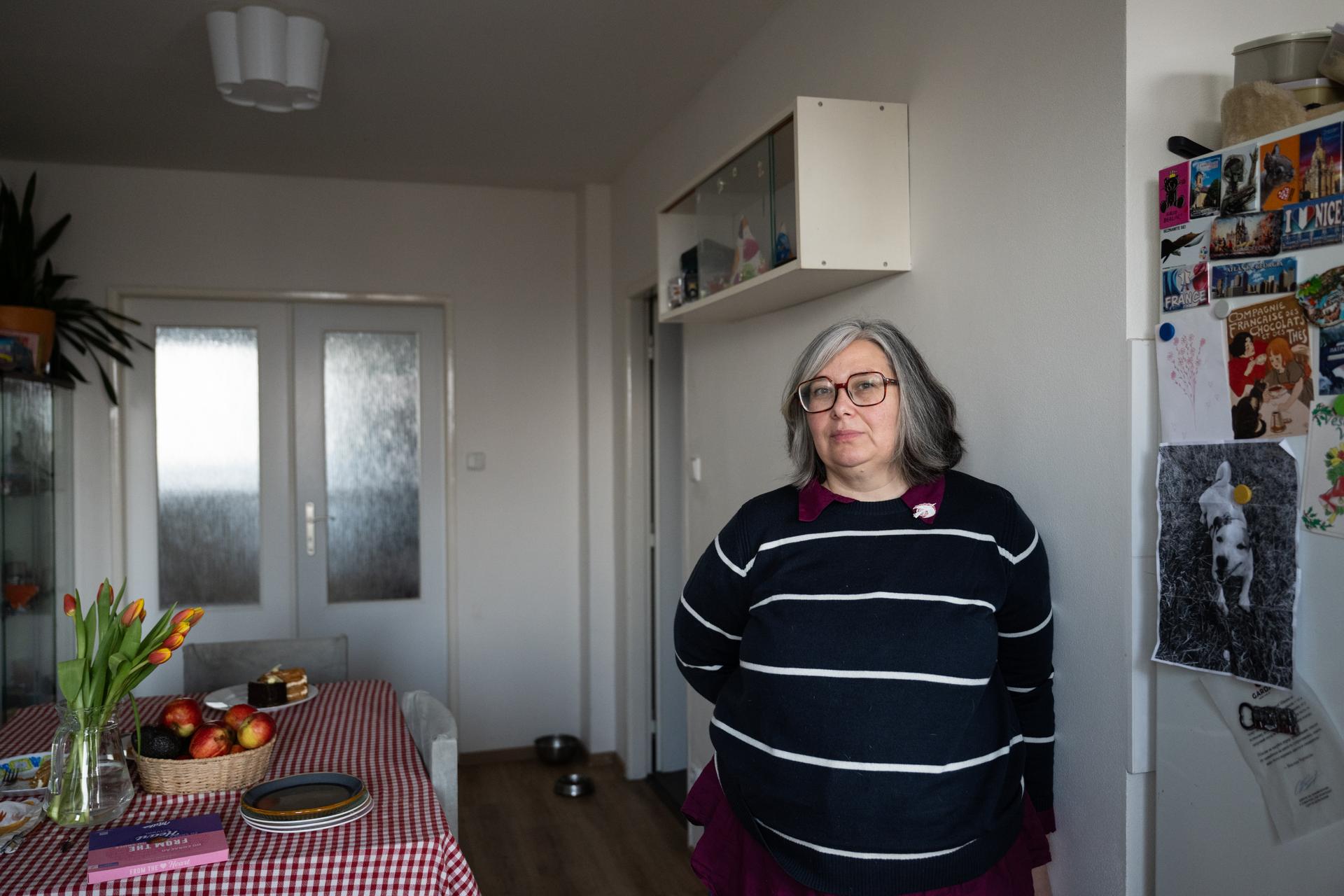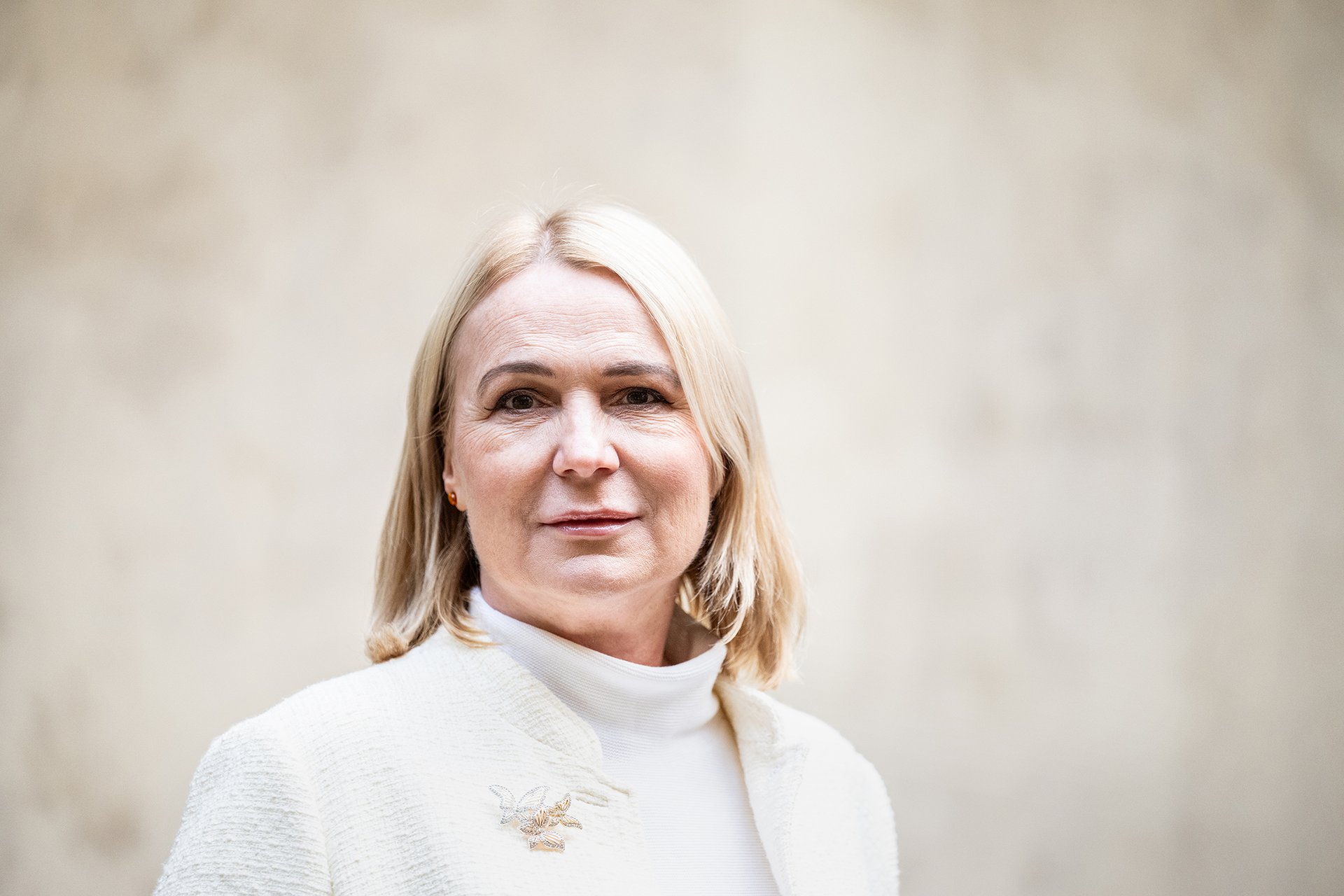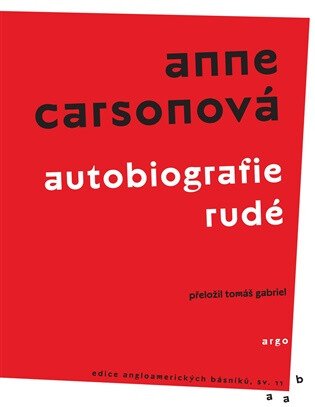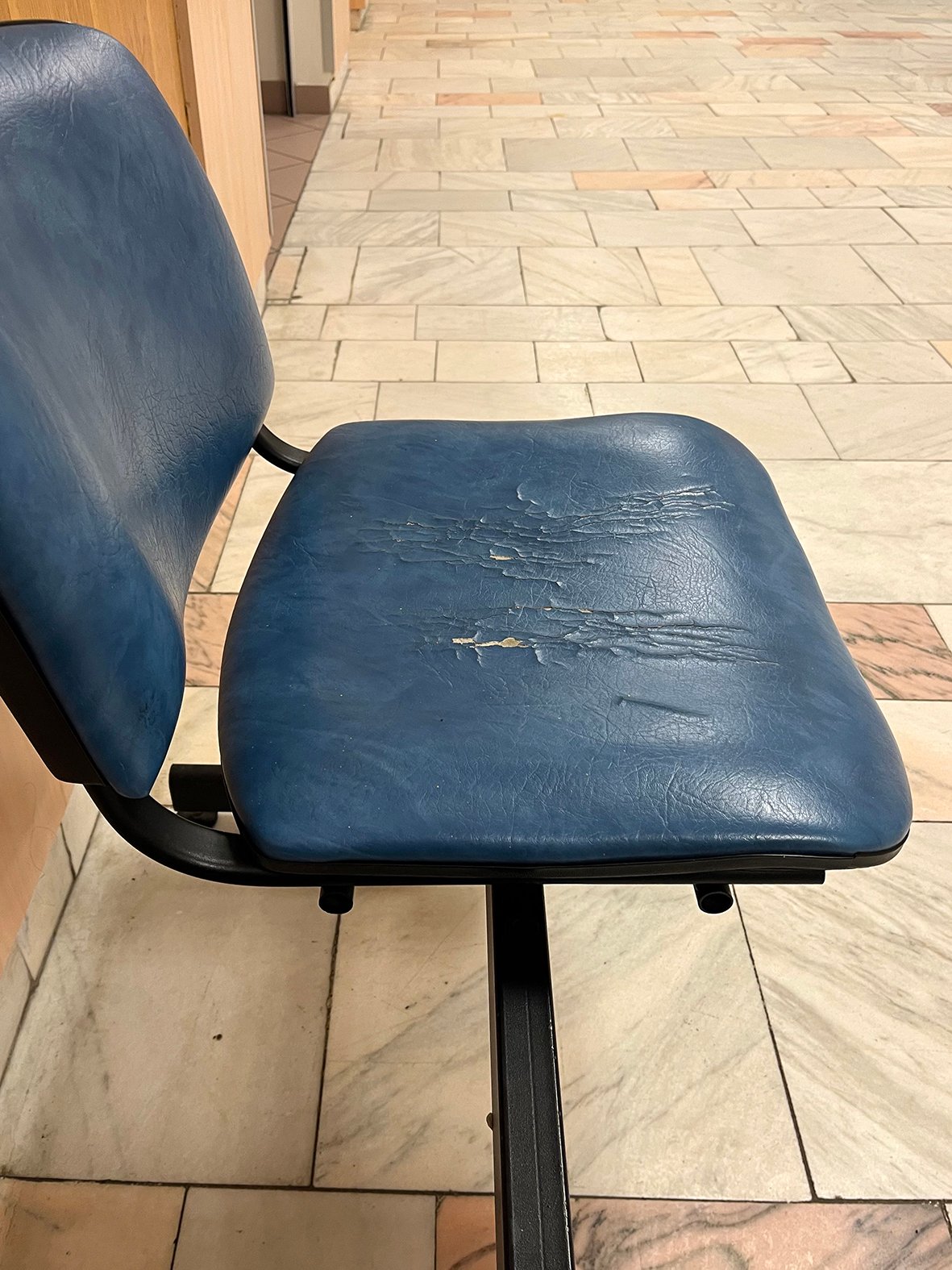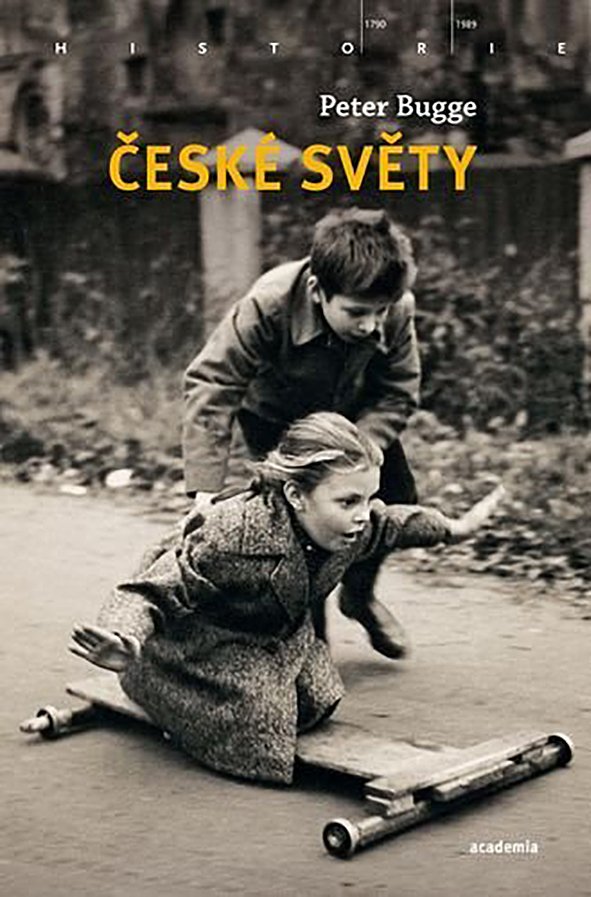Brexit‘s dilemmas
A series of interviews for "Gazeta Wyborcza" daily with EU immigrants living in the British Isles.
Twelve stories. Twelve dilemmas. We present a series of interviews made in London and the north of England that show what Brexit means to emigrants from different EU countries.
The “Brexit Dilemmas” series was funded by the Visegrad Fund as part of the “V4 Youth and Migration from Many Angles” grant project of the Polish newspaper “Gazeta Wyborcza”, the Czech magazine “Respekt”, the Slovak newspaper “Denník N” and the Hungarian newspaper “Népszava”.
Mohlo by vás zaujmout:
Czech version of the article


I sent four kilograms of documents after the referendum to get citizenship
Łukasz Żelezny did not believe that the British would vote to leave the EU. However, after the results were announced, he applied for a British passport.
Łukasz Żelezny has lived in London for eleven years. He has his own online marketing company. He often travels around the UK and abroad to train people at conferences.
“I remember how they announced the results of the referendum. I had a conference at that time and I stayed awake deep into the night, watching the results coming from all sides,” he tells. We are talking on a park bench near Brick Lane - a famous street in the eastern part of town with pubs from all over the world.
“I went to sleep when ten percent of the districts had been counted, showing that 53 percent of people wanted to remain in the EU. When I woke up at five o'clock in the morning and saw results from 80 percent of the precincts it was as if I had been hit in the head. Everywhere in the office, I could see all the seething faces. The British and foreigners alike felt a mixture of shame, shock, doubt and uncertainty,” he adds.
Shortly after the vote, Łukasz applied for British citizenship. After ten years spent in Great Britain, he had the right to do so. However, the path to gaining citizenship was lined with tedious formalities.
“It turned out that many clerks live outside of reality. I had to document all of the journeys of 24 hours or more that I had made abroad - and I often fly to different countries. I have a wife from India and I visit her country or Poland from time to time. I said to myself, ‘How do I get the flight ticket receipts now? Where should I dig all of it up?’ Finally, we sent four kilograms of documents to the Home Office.”
Łukasz does not plan to leave the country but does not exclude the possibility of doing so either.
“I live very well here. Regarding the mood in London, I have never felt any antipathy from the English. However, as the economy begins to decline, who knows… I have dual citizenship and so I have a door open here and in Europe. My daughter was born recently - she has a British passport and soon she will also get the Polish one.”
Frenchman in London: If violence breaks out in the streets, I will leave
Fabrice Arfi, a punk fan from France, is thinking about leaving Britain because of Brexit. It is his bands and acting in movies that persuade him to stay in the country.
Fabrice Arfi arrived in the UK in 1995. He escaped armed service, which was still mandatory in France at the time. He stayed in different places. For five years he moved to Toronto, Canada. He has been living in London for seven years.
“I work on the construction site. I play in a punk band, actually in two. I am a guitarist but what should I do? I sing terribly in truth, believe me … I also perform in films, as an extra. You will see me somewhere in the background, often in productions set between the 1930s and 1960s. I don't know why I became a specialist for this period of time,” the Frenchman laughs.
He remarks that „he doesn't want to be too professional“ because it would ruin all the fun.
You can see that our conversation makes him vibrant too. He fervently speaks not only about himself but also about politics.
“In the UK, we are dealing with an ultra-capitalist order that does not sufficiently fund public services and then blames immigrants. The referendum was an expression of racism and xenophobia.
I knew there were a lot of fools here but I thought that Brexit supporters would get 35–45 percent of the vote. Many EU supporters seem to have had the same idea so they did not bother to come to the polls. And now, EU citizens have to register in a kind of system to try to gain again what they already had.”
Fabrice doesn't hide his thoughts about leaving.
“There have been cases of violence against EU immigrants. As a Frenchman, I don't feel like I am unwanted here. The British have a weakness for our culture. But it is different for Eastern Europeans. In Walthamstow [a district in northeast London] they beat a woman from India because the perpetrators thought that she was from Romania. If the economy gets worse and if it will become difficult to find work, it may become too dangerous on the streets and people will leave. Me too.”
I want to feel further on that it is my home
Fidaa Mahmoud has been living in England for 20 years and she has even bought a house here. But to stay, she would have to register for the new system. - I feel a bit like a criminal, - she says.
Fidaa Mahmoud has lived in Britain longer than the other interviewees that we talked to. She arrived from France twenty years ago, when Polish was rarely heard on the streets of London compared to today and Labour leader Tony Blair ruled the country. She works as a clerk.
“England is my home. But I have a strange feeling: Suddenly I will have to provide evidence that I have the right to reside here. It is not so much about the fact that it is an inconvenience - I am constantly watching what the government will come up with - but about the fact that I will feel a bit like a criminal. I'm paying taxes here.”
Fidaa has never applied for British citizenship. She had no idea it might come in handy. She recalls that she did not expect the victory of the followers of Brexit in 2016.
“The British I talk to are balanced,” she says.
“During the campaign, many things were not discussed. No one has ever heard of Article 50, which is now being discussed on every occasion [an article of the EU regulating withdrawal from the Union]. On the other hand, the supposed extra £350 million funding for medical services was spoken about by everyone,” she notes.
Before the referendum, red buses with these slogans rode the streets of British cities. They were rented by Vote Leave. “Who's talking about it today?” asks Fidaa.
In her position as a clerk, she will deal with Brexit bureaucracy without any problem. However, she expects that some people won’t be able to register in the new system. She remembers the fate of the so-called Windrush Generation; descendants of immigrants from the Caribbean who arrived in the British Isles during and before 1970s. After many years, it turned out that they did not seek to obtain the relevant documents and now they must leave.
We met in a multicultural part of town near Willesden Junction Underground Station in northwest London. Traditional British pubs adjoin the pubs of Portuguese, Brazilian or Spanish. The latter ones are serving us tapas while watching a La Liga match broadcast on TV.
“I bought a house here. My daughter went to school in England and now she's in college. I really feel at home here. I want it to stay that way. I want to keep hope” Fidaa reflects.
After the referendum, several people apologized to me at work
Anna Gałuszka feels at home in London, but the British decision on Brexit has been a disappointment for her. “I thought history taught us that it is necessary to be together,” the young Polish woman says.
“People are leaving their countries for various reasons. Some want to make money and return - and that's all. In my case, it was the search for experience. I wanted to get to know the world, people, different cultures and languages; to develop professionally. This has not changed,” she said.
First, she lived in Madrid for over six years. In 2013 she moved to London. She is managing auxiliary health care programmes and is studying psychotherapy. As she says, the biggest concerns she has about Brexit are connected with her studies.
“If the result is no-deal and I want to go back to Poland, I won’t be able to work as a psychotherapist right away. I'd have to pass additional exams. It is a question of recognition of qualification. Studying in Britain is a big personal and financial investment. Brexit planted seeds of uncertainty about whether or not that investment is worth it. The question is whether my wings are clipped after a possible return,” Anna said.
She is not planning a return at the moment but does not exclude the possibility. After the results of the referendum were announced, she was very disappointed. “I thought that history has taught us that it is necessary to live together,” she said.
“Previously, I observed that nationalism was growing in England, Poland, and Hungary but I believed that people would not go in that direction. I went to work the next day after the referendum. Owing to political correctness, we didn’t really discuss Brexit. However, a couple of Britons came to me and said, ‘Aňa, I'm sorryʻ. They were sad as if some terrorist attack had occurred. I wrote on Facebook at the time that I had never felt so much warmth from others. I felt I was part of that society.”
The children asked my daughter at school when we would go back to Italy
Italian Cristina Tegola lives near Manchester. Before the referendum, she told acquaintances in London: “You live in a soap bubble, it will go wrong.”
Cristina Tegola arrived in England under the Erasmus program - and stayed here. As she says, this is partly because of her British husband and partly because of labour market prospects. She is an architect and resides in Rochdale near Manchester, where 60 percent of the population voted Leave in the referendum on Brexit.
“One month before the referendum, I felt that EU supporters would win but then I changed my mind. I saw banners hanging on the viaducts: ‘Leave EUʻ. Cars with Union Jacks. Friends from London said, ‘It'll go wellʻ, but London is a soap bubble. I told them: ‘We'll seeʻ.”
After the vote, Cristina applied for British citizenship. After so many years spent in Britain, she had no problem with it, even though the whole process cost a lot of time and a little bit of nerve. She sent over five kilograms of documents to the Home Office, from airline tickets to pay slips. During the exams, she had to know how to make a Christmas pudding and when the first Indian restaurant was opened in the UK.
Cristina's daughter was born in Italy but British blood circulates in her veins. The day after the referendum, children at school asked her: “So when are you going home?”
As Cristina says, the anger she has been overwhelmed with because of the growing xenophobia has caused her to engage both socially and politically. She took a year of unpaid leave and joined the3million group, which helps EU immigrants in Britain.
“My husband joined the Liberal Democrats [they are demanding a second referendum]. I myself intend to run for local government elections. I am angry at the British political establishment and the fuss around Brexit. ”
It is easy to start a business in England but after Brexit, I have fewer orders
Christo Shemtov from Bulgaria founded his own company in Britain. He fears Brexit will hurt his business.
“I did not plan to arrive in England but at the end of my studies in the US I was offered a job in London. We moved there with my wife several months before the referendum, in March 2016,” Bulgarian business analyst Christo Shemtov says.
The result of the vote totally surprised him. He became uneasy but quickly said to himself that no matter the form of Brexit, the general rules would not change for several years. Shortly after, he founded his own company.
“It took me a day. I like the way the local administration works. Everything is simple, smooth and pleasant. I hope this will not change after Brexit.”
We met in a glass cafe near the Bank Underground Station in central London. Christo, like other people around us, had just left the office after a whole day at work. The concerns that Brexit accompanies relate to the professional sphere.
“Leaving the EU can affect the British economy. If this happens, we are in danger of a real slowdown in the real estate market. For me, this can mean fewer projects and orders. Uncertainty also persists in terms of our legal status. We are waiting for the situation to develop. Now there are many unknowns. The British government says that even if the EU exit agreement is not signed, we will be protected but I don’t believe them.”
His wife works for a non-governmental human rights organization. As Christo remarks, he does not intend to move out but they don’t want to stay at any cost.
“This is London and here I have not experienced any mood change but watching all of the news in the media is frustrating. There was a lot of inaccurate or false information in the Brexit campaign: It was said that EU immigrants were coming to Britain to abuse the social security system and take jobs - but there was little evidence for that.
Both sides in the immigration discussions focused on how much we contribute to the economy. This is humiliating. They treat us as if we are just a resource that can be used,” Christo adds.
We wanted to buy a flat in England. We don’t want it anymore
Agnieszka Anders fell in love with British openness. However, she feels that the country has changed after the referendum.
“Britain is my home. I have a man here, a job and my cats. London is a fantastic mix of cultures. I like to taste new and different things, try Indian cuisine and talk to different people. I only go to Poland for the occasional visit,” Agnieszka says.
She has been leaving Poland gradually. First in 2003, to work briefly in the UK in a bar. Then for the whole year, based on a dean's permission to take a break from her studies to earn money to finance her studies. Finally, in 2006, she left definitely.
Agnieszka Anders fell in love with British openness. That’s why she was shocked by the result of the referendum.
“I felt like a train had hit me. I had gotten used to a friendly reception: ‘Where are you from? From Poland! Polish pilots fought for England in WWII!ʻ But then I started reading the newspaper and I became uncertain. I prefer not to speak Polish, e.g. during phone calls. Up to June 2016, I felt like they wanted me here. After that date, we became perceived as second class people. Until then, I had no problem moving between Great Britain and Poland, but now? Will I have to fill out a special form at the airport?”
We are talking in a pub in Brent neighborhood in northwest London. For decades, immigrants from the Caribbean, representatives of the so-called Windrush ship generation, have settled here. After 2004, a lot of Polish people settled here. It is a short walk from the center and prices are low. Formerly, Brent had a bad reputation but it has become safer here in recent years.
Agnieszka married an Englishman. She says that the Brexit dispute caused the end of 25 years of friendship with his colleague. Her husband was against Brexit, his friend supported leaving the EU.
”We wanted to buy an apartment in England. We're not thinking about it anymore. We don't even know if we want to stay here. I could go back to Poland, but then my husband would have problems. How could he live there after Brexit? What would he do there? We haven't made a decision yet.”
I want to stay European
Elizabeth Ilcheva is thinking about leaving Britain - maybe moving to France, where she spent her childhood. “Since the referendum, I don't feel happy in this country,” she explains.
Elizabeth is a walking multi-culture project. She lives in the UK with her husband, who is Bulgarian, grew up in France, her mother is half Finnish and half British. Her father is from the UK.
“When my mother was a young girl, she went to France. At the same age, I went to the UK to study engineering in London. I have French and British citizenship. Seven years ago I married a Bulgarian citizen. My husband does not have a British passport but he has a permanent residence permit.”
The Ilchev family settled in Lancaster in the north of England. Elizabeth has worked for more than two decades as a chemistry engineer but last year she took a free vacation to join the3million group’s activities that help EU immigrants.
She does not feel the change of moods after the referendum, but she does not like the hunt for immigrants in the British tabloid press.
“I have no doubt that sooner or later it will also affect me.”
We talk at the Waterstones Library in Manchester, where a special bookshelf is dedicated to Brexit. Elizabeth sips a cappuccino and confides in looking for a new place to live with her husband.
“Since the referendum I don’t feel happy in this country. However, practical considerations are important.
I'll see if I will continue working in Britain and then move to the continent. I do not know yet whether the years I will spend here after Brexit will be counted in the new country for retirement.”
“I travel around Europe and want to keep access to health care on the continent," she adds. “My parents live in France. Maybe I'll be back there when I'm older and have to take care of them. We are staying in Britain now but we are thinking about moving to France or maybe to Switzerland. We are also considering going for retirement in Bulgaria.”
Brexit? I have clients from all around the world
“When I applied for citizenship in 2013, I thought it was money thrown out of the window. It turned out to be different,” Ewa Szczęsna says.
She arrived in Britain in 2003 within a student exchange program. Then, as she says, she has been ‘headhunted.’ For many years she worked for the European Bank for Reconstruction and Development (EBRD), which is based in London. She participated in ‘Polish’ projects.
“In 2013 I went to Poland. As it turned out, just for a year, then I thought I'd never come back to Britain. Before it, we applied for British citizenship with my friends, on the advice of an acquaintance. We laughed that the 700 pounds were thrown out of the window, but he persuaded us: ‘Britons are unpredictable.ʻ”
During the process of acquiring British citizenship, Ewa found that nearly three-quarters of the people she met there did not speak English at all. Exams were done for them by other people.
“I lost my citizenship certificate because I thought it was useless. I didn't even have a passport. I thought: ‘Why? When we are in the EU?ʻ”
Everything changed after the referendum.
“I didn't expect such a result. At the EBRD, we all thought that the British had common sense.”
Now, Ewa works in one of the British banks. She already has a British passport to avoid problems at the airport: She has planned a trip to India with departure before Brexit and arrival after it.
“I am not afraid of Brexit professionally because I have clients from all around the world. I still do not intend to move to Frankfurt or Luxembourg as some people do. The biggest problem seems to me to be a vision of recession after leaving the EU. What happens when food prices rise by 30–40 percent?”
I'm struggling with the temptation to leave
Italian Dimitri Scarlato says that one of London music schools has recently given him the task to take picture of a class without students from the EU. The classroom was empty.
“I am a composer and Brexit does not concern me immediately, it causes bigger problems to musicians who perform across Europe. They don't know what the rules on the frontiers will be, whether they can travel freely and for how long they will be able to leave the country,” Scarlato says.
His parents gave him the name of the famous Russian composer Dmitry Shostakovich. Not only does he teach at one music faculty in Britain, he has also joined the the3million group's activities to help immigrants. We meet in London in an Italian company advisory center.
“There are over 700,000 Italians living in Britain, slightly less than Poles. We are the second largest group of immigrants from the EU. Some Italians came here in the 1950s and 1960s. But as they have not settled their citizenship, they must now register within the new system. People are calling us with all sorts of questions: Will they throw me out after Brexit? What I have to do? What if they refuse my request? Many people are generally informed, but I am sure that there will be some who will not be able to handle the formalities.”
Dimitri reveals that the result of the referendum did not surprise him.
"Brexit supporters were doing a great campaign. On the other hand, there was no decisive political leadership. Opposition leader Jeremy Corbyn was not involved at all. I felt the British would vote for Leave. I don't know if I'll stay here. I decide according to circumstances. I struggle with the temptation to leave, even though I spent a third of my life here.”
Brexit is an opportunity, not a menace
Paul Lajszczak does business in Britain, but he is not afraid of Brexit. “When changes come, they need to be used,” he says.
Paul Lajszczak arrived to Britain in 2004. Since then, he has established more than forty companies in various industries (as he explains, not all represent business in the traditional sense).
“Finances, portal for cryptocurrency, real estate market, offices for co-working … I recently also bought an underwear brand,” Paul says.
We talk in an office building in the center of Manchester, where he gradually bought the ground floor and the first floor. Employees - among whom there are a lot of Poles - are finishing interior equipment with co-working boxes.
“There will be offices there and here, look, we will make a bar.”
Despite many years spent on the islands, Paul has not yet applied for British citizenship. As I ask him whether he is afraid of his status if the country leaves the EU, he waved his hand.
“It will be enough just to send a simple app. Administrative requirement, nothing more.”
He admits, however, that he also has lost because of Brexit.
“I speculated on the stock exchange for the result of the referendum, because I believed the British would not leave the Union. I've lost some 220 000 pounds.”
Still, Paul thinks Brexit is a chance rather than a threat.
“When changes come, they need to be used. A colleague has opened a consulting agency that helps entrepreneurs with tariffs. Other companies are engaged in supplying workers. Many people are needed to work on construction sites, companies are looking for house painters, electricians. We employ over 200 people. With the introduction of new immigration laws, the number of people from the EU will be reduced, but the number of specialists from countries such as Kazakhstan and Georgia will increase. Companies that need professionals will sign up for Home Office to get permission and get what they want. Great Britain opens to other countries. Hundreds of thousands of people come here - exactly what the local economy needs.”
Brexit takes me my acquaintances away
Anna Dubert met many people in the UK who were working in finances and banking. “Some now have to go to Luxembourg or Paris. My circle of friends is narrowing,” she says.
I met Anna Dubert in a modern pub in the center of London, where employees from the City had a corporate event. We sat in the patio by the small heated tables and thanks to that we can talk in peace. Through the glass panels, we look at an increasingly cheerful company: Gentlemen take off their ties and unfasten their collars, ladies sip one colourful drink after another.
“London is specific. One hundred forty different languages can be heard in the City. There were not many in my milieu to support the departure from the EU. I may have known only one who wanted it. No one could believe the outcome of the referendum,” Anna says.
She is a human resources specialist. Although she has been living in Britain for several years, she has not yet applied for British citizenship. Due to Brexit, she intends to take care of it now.
Anna says that she is not worried about her future in Britain. Meanwhile, in her life, Brexit manifests itself in one thing: It takes away friends from her.
“It started recently. Most of my friends work in financial services and banking. Many of them must go to Luxembourg, Paris and other cities where their employers send them. Some are satisfied, others are not, but they have no choice. This, however, disrupts my social anchorage with regard to the circle of friends. I'm starting to lose them.”
Pokud jste v článku našli chybu, napište nám prosím na [email protected].



